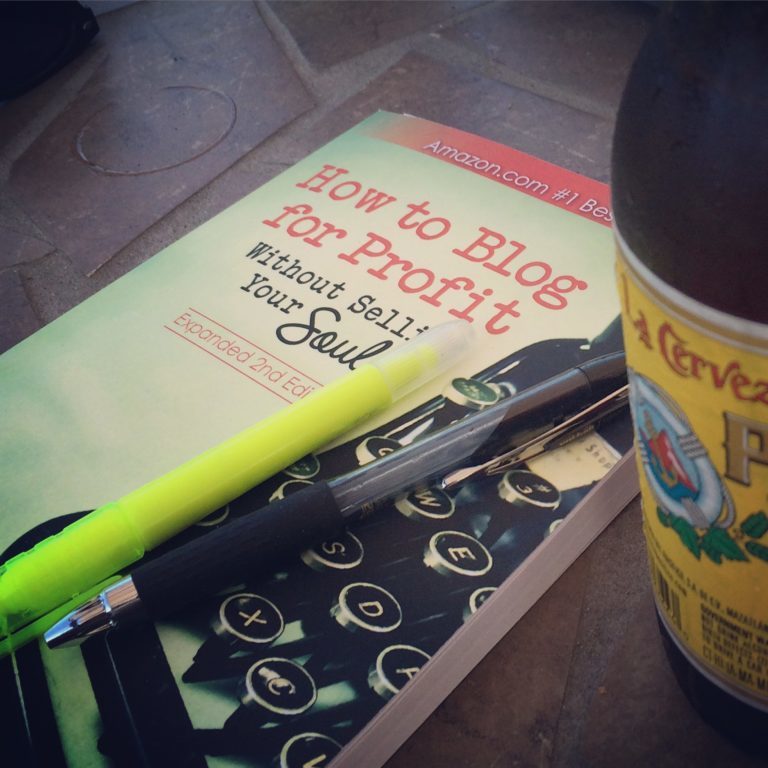The Antidote for an Addiction to Praise
We may earn money or products from the companies mentioned in this review or post, but all opinions are our own.
I am a writer, I like being heard. Most people do. As a writer and a long time people pleaser, I love when people say “good job” or tell me an article was inspiring. If we are honest we all want to be great at what we do. It’s the end goal for most of us. No one’s heart desire it to be mediocre.
We are taught to crave praise, first as young children in grade school. We feed off praise for as long as we can keep it coming. For some of us that falls off rapidly in middle school, where there is not enough praise in the world to get you through Algebra 2. But if you find a niche, a place to excel in a talent or skill, you might put this transition into obscurity off until later. We all eventually come to a place where we are challenged by that big wall of rejection, and have to decide do I grow or quit.
The first few days in college at a graphic design school were a rude awakening for most of my class. At our individual high schools we were outstanding students. Our art and creativity was nurtured, our ideas were to be explored. For most of us, our art teacher loved us. Then, we are thrust into a class with 80 other most favored, well praised peers. We went, in one day, from outstanding to common. The level of talent in the room was astonishing and the top students that had once been unchallenged were left shaken. I was shaken. I questioned my talent, if it existed at all. Next to some of the amazing pieces my fellow students brought in to showcase their portfolios, my work was a child’s scribbling. I had to dig deep to find that place where I trusted myself and to rise to the challenge. What we wanted to obtain was going to require us to humble ourselves to the point that we were willing to be taught everything about art all over again with new eyes.
For another example of how the need for praise can stunt our growth read 2 Samuel 16. Ahithophel counsels Absalom concerning the rebellion against his father. Absalom listened to Ahithophel readily. The verse emphasizes, “Now in those days the counsel that Ahithophel gave was as if one consulted the word of God: so was all the counsel of Ahithophel esteemed by both David and by Absalom.”

One can get used to that kind of respect and authority. It can become addicting, creating a hunger for praise. Humility is difficult to maintain in such a culture. If we are not careful we will begin to seek out places where we can readily get more. Praise itself is not the problem, the desire for more, coveting the honors more than being diligent to work in a manor worthy of praise.
In 2 Samuel 17:23, we read the tragic end that comes to Ahithophel. Everyone has praised and obeyed his every word, but in one instance, his counsel is rejected, his advice cast aside. He has fallen out of favor. Because Absalom chooses to listen to the counsel of another, Ahithophel puts his affairs in order and promptly hangs himself. This example seems extreme, but how often do we see this in the lives of others or even in our own. We get a response that we find hurtful and we retaliate by cutting off the relationship, a form of death. Of the original eighty students in my class, twenty did not finish to their graduation. I personally know there were a few classmates that could not accept the transition from top of the class to bottom. The blow was too much and their pride kept them from seeing all they could have learned.
Humility is a cloak God calls us to cover ourselves in often. Humility, is the act of seeing ourselves for who we truly are. It allows us to accept that we have strengths and a keen awareness of our weaknesses. We can see our need to grow, change, and yield, best when we see ourselves through the lens of humility. It keeps us from creating a false vision of ourselves. When we walk in humility there is a change in our focal point, I am no longer central.
If when you look back on your walk of life, do you see many broken and discarded relationships? Is there a trail of little deaths, where challenges arose? Are you the common factor at the “scene of the crimes?”
Making praise an indicator of our personal value can cause us to create harmful relationships. Praise is so good to receive, but in life there are times when it comes infrequently. Humility is seeing our value in every circumstance and knowing that praise does not add to us, nor does criticism take away. I encourage you to accept honest criticism and value relationships with people that challenge you to step up higher in life.
Don’t know where to start? I love Dale Partridge’s blog “The Daily Positive.” I listen to his podcast every morning and always am challenged to step up a notch in my goals in life and work. Don’t make the mistake of Ahithophel and get so used to praise that you are not ready to be challenged. Accepting it might just end up being the very best thing you’ve ever done.







Wisdom here Amber and I have been having some similar thoughts. Earlier this month I was led to do a Bible study on humility. It was weeks and weeks ago when I dig into this and I just did the Bible study last week-here’s the link. Love your perspective & happy to share
Thank for reading. I love how often I read the same message in multiple places over a period of weeks. God speaks to us in so many ways. He uses the books I am reading along with pod casts I listen to all of the time. Thanks for sharing.